Product Description
What is Swiss Machining?
Swiss machining, often referred to as Swiss lathe machining or Swiss automatic lathe machining, is a highly specialized manufacturing process renowned for its exceptional precision and efficiency. At its core, Swiss machining revolves around the utilization of advanced Swiss lathe machines, which are equipped with specialized features that enable the machining of complex and intricate parts with remarkable accuracy.
The distinguishing feature of Swiss machining lies in its ability to perform simultaneous machining operations on long, slender workpieces. This simultaneous operation is made possible by the unique design of Swiss lathe machines, which employ a guide bushing to support and guide the workpiece as it is fed into the machine. This guide bushing minimizes vibrations and ensures precise cutting, even when working with small-diameter materials.
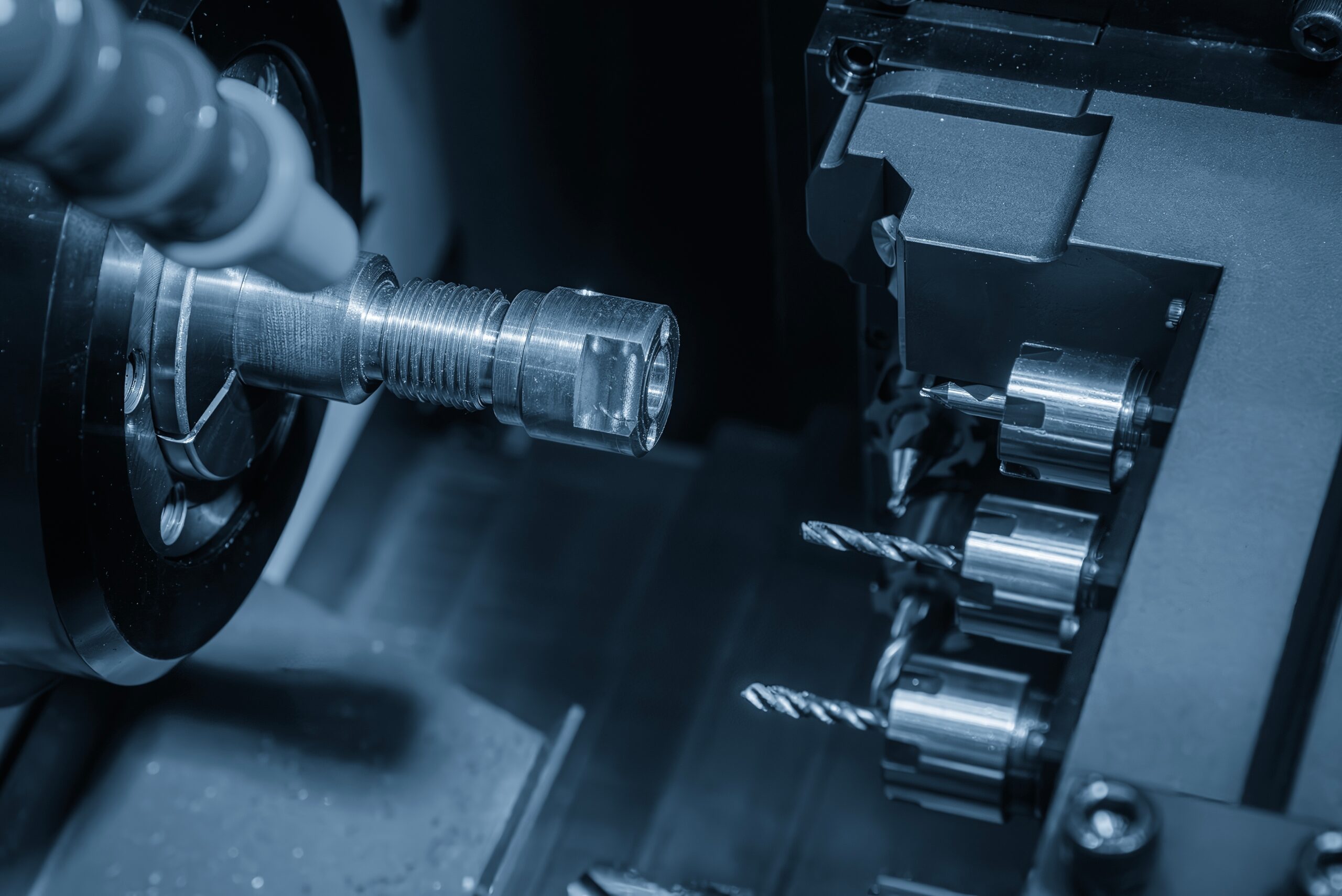
What Is the Process of Swiss Lathe Machining?
Workpiece Preparation
- The Swiss machining process begins with the preparation of the workpiece, typically a long, slender rod of material.
- The workpiece is loaded into the machine, often through a bar feeder, to ensure continuous machining without frequent operator intervention.
- The bar feeder supplies a continuous length of material, allowing for uninterrupted machining operations.
Guide Bushing Support
- As the workpiece enters the machine, it passes through a guide bushing located near the work area.
- The guide bushing supports and guides the workpiece, minimizing vibrations and ensuring precise cutting.
- By supporting the material close to the cutting tools, the guide bushing helps to maintain tight tolerances during machining.
Headstock Rotation
- The headstock of the Swiss lathe holds and rotates the workpiece using the main spindle drive.
- This rotational motion provides the necessary movement for machining operations to take place.
- The controlled rotation of the workpiece allows for precise cutting and shaping of the material.
Tooling Setup and Functionality
- Multiple cutting tools are mounted on tool slides or holders arranged around the workpiece.
- These tools can move independently in the X, Y, and Z directions, allowing for complex machining operations.
- Each tool is carefully selected and positioned to perform specific machining tasks, such as turning, drilling, milling, threading, or cross-drilling.
Simultaneous Machining Capabilities
- One of the key advantages of Swiss machining is its ability to perform simultaneous machining operations.
- While the workpiece rotates, multiple cutting tools can work on different sections of the workpiece simultaneously.
- This simultaneous operation increases efficiency and reduces production time, making Swiss machining highly productive.
CNC Control and Automation
- Modern Swiss lathe machines are typically CNC-controlled, allowing for precise control over machining operations.
- CNC programming enables accurate positioning of tools, precise feed rates, and other machining parameters.
- Automation enhances efficiency and repeatability in the machining process, leading to consistent and high-quality results.
Parting Off of Finished Components
- Once the machining operations are complete, the finished part is separated from the remaining material using a cut-off tool.
- This process, known as “parting off,” allows for the production of individual components with precise dimensions and finishes.
- Finished components are released from the machine, ready for further processing or assembly as required.
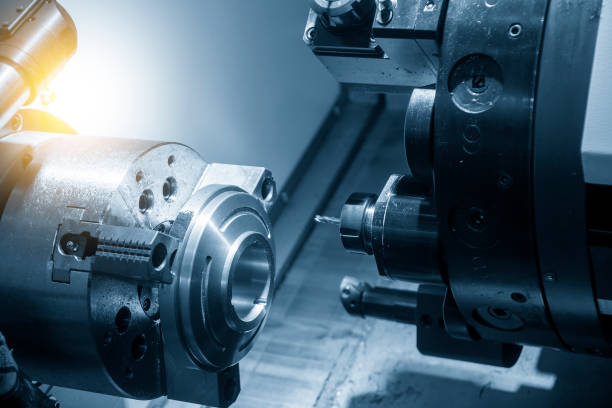
Materials Suitable for Swiss Machining Components
Copper
- Copper is a widely used metal in Swiss machining due to its excellent electrical conductivity and thermal properties.
- Components such as electrical connectors, pins, sockets, and conductive parts benefit from Swiss machining of copper.
- The material’s malleability and ductility make it suitable for intricate machining processes.
Brass
- Brass is another common metal processed through Swiss machining, valued for its machinability and corrosion resistance.
- Components like fittings, valves, connectors, and decorative parts often utilize Swiss machining of brass.
- The material’s aesthetic appeal, coupled with its ease of machining, makes it suitable for various applications.
Titanium
- Titanium’s exceptional strength-to-weight ratio, corrosion resistance, and biocompatibility make it suitable for Swiss machining.
- Aerospace components, medical implants, and high-performance parts benefit from the precision machining of titanium.
- Despite its challenges in machining, Swiss machining techniques enable the production of complex titanium components with tight tolerances.
Aluminum
- Aluminum is widely processed using Swiss machining due to its low density, good machinability, and corrosion resistance.
- Aerospace parts, automotive components, and consumer goods often incorporate Swiss-machined aluminum parts.
- The material’s versatility and lightweight properties make it suitable for various applications across industries.
Nickel
- Nickel is utilized in Swiss machining for its corrosion resistance, high-temperature strength, and electrical conductivity.
- Aerospace, electronics, and chemical processing industries rely on Swiss-machined nickel parts for their demanding applications.
- Precision machining techniques ensure the production of intricate nickel components with precise dimensions.
Carbon Steel
Carbon steel is commonly processed through Swiss machining, especially for applications requiring durability and cost-effectiveness.
Automotive fasteners, shafts, firearms parts, and industrial machinery components often utilize Swiss-machined carbon steel parts.
Despite its hardness, Swiss machining techniques enable efficient machining of carbon steel to achieve desired shapes and tolerances.
Plastics
- Various rigid and engineering plastics are suitable for Swiss machining due to their low friction, corrosion resistance, and versatility.
- Components such as bushings, gears, insulators, and precision parts benefit from Swiss machining of plastics.
- The material’s lightweight properties and ease of machining make it suitable for applications across industries.
Nylon
Nylon is processed through Swiss machining to create high-precision components requiring low friction, low density, and corrosion resistance.
Bushings, gears, insulators, and other mechanical components often utilize Swiss-machined nylon parts.
The material’s durability and versatility make it suitable for applications where precision and performance are critical.
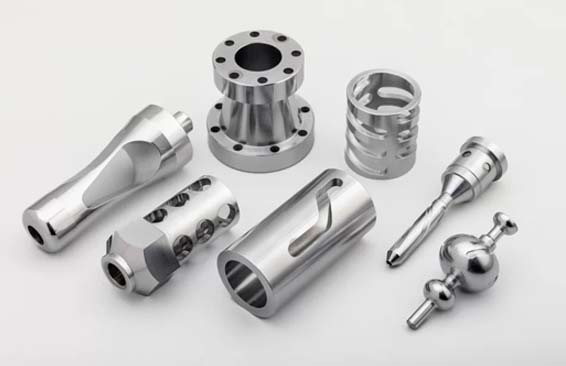
Applications of Swiss Machined Components
Aerospace
- Swiss machined components play a critical role in the aerospace industry, where precision, reliability, and lightweight materials are paramount.
- Aerospace applications often require complex and high-performance parts, such as engine components, hydraulic fittings, sensor housings, and structural elements.
- Swiss machining ensures the production of intricate aerospace components with tight tolerances, meeting the stringent requirements of aerospace engineering.
Automotive
- The automotive industry benefits from Swiss machined components, which are integral to the production of vehicles ranging from traditional combustion engines to electric and hybrid vehicles.
- Automotive applications include precision parts for engines, transmissions, fuel systems, braking systems, steering mechanisms, and suspension systems.
- Swiss machining provides automotive manufacturers with high-quality components characterized by precise dimensions, exceptional durability, and efficient performance.
Electronics
- Swiss machined components are essential in the electronics industry, where miniaturization, precision, and high-performance materials are crucial.
- Electronics applications encompass a wide range of components, including connectors, pins, sockets, switches, housings, and microelectronic parts.
- Swiss machining enables the production of tiny, intricate components with precise features and tight tolerances, meeting the demanding requirements of electronic devices..
Medical and Dental
- Swiss machined components play a vital role in the medical and dental fields, where precision, biocompatibility, and reliability are essential for patient safety and treatment efficacy.
- Medical and dental applications include surgical instruments, implantable devices, orthopedic implants, dental implants, and diagnostic equipment components.
- Swiss machining ensures the production of medical and dental components with intricate designs, precise dimensions, and biocompatible materials, meeting the stringent regulatory standards of the healthcare industry.
Conclusion
Swiss machining components represent a pinnacle of precision manufacturing, offering unparalleled accuracy, efficiency, and versatility across a wide range of industries. With its ability to perform simultaneous machining operations and its suitability for various materials, including metals and plastics, Swiss machining has become indispensable in modern manufacturing processes.
Our precision milling and machining services at TDB Hanoi extend beyond Swiss machining, encompassing parts production in diverse materials such as plastics, ferrous and non-ferrous metals, composite materials, and more. We prioritize maintaining the integrity and intricacy of these materials, ensuring that the final products meet the highest standards of quality and precision.
No matter your industry – whether aerospace, medical, automotive, electronics, or any other niche – TDB Hanoi is dedicated to meeting your turning and milling needs. With a team of experienced experts and a wealth of industry knowledge, we offer tailored solutions that cater to your specific requirements, ensuring satisfaction and success in every project. Trust TDB Hanoi for precision, reliability, and excellence in machining services.



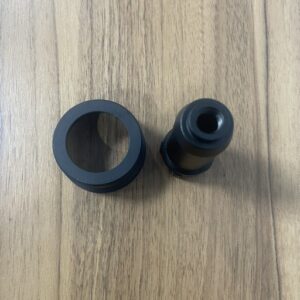
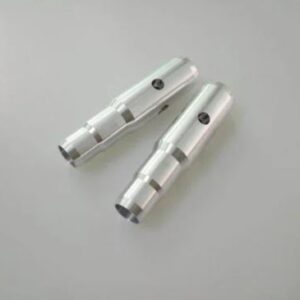
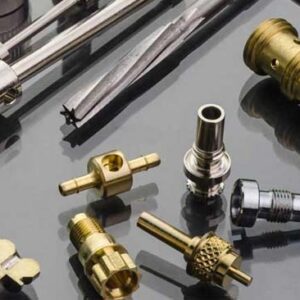
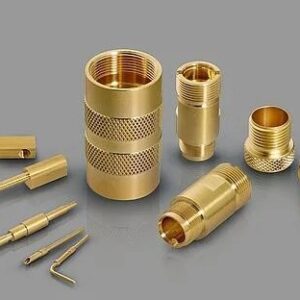
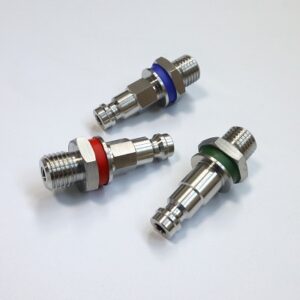
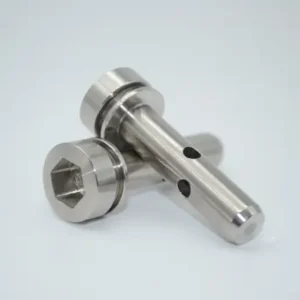
Reviews
There are no reviews yet.